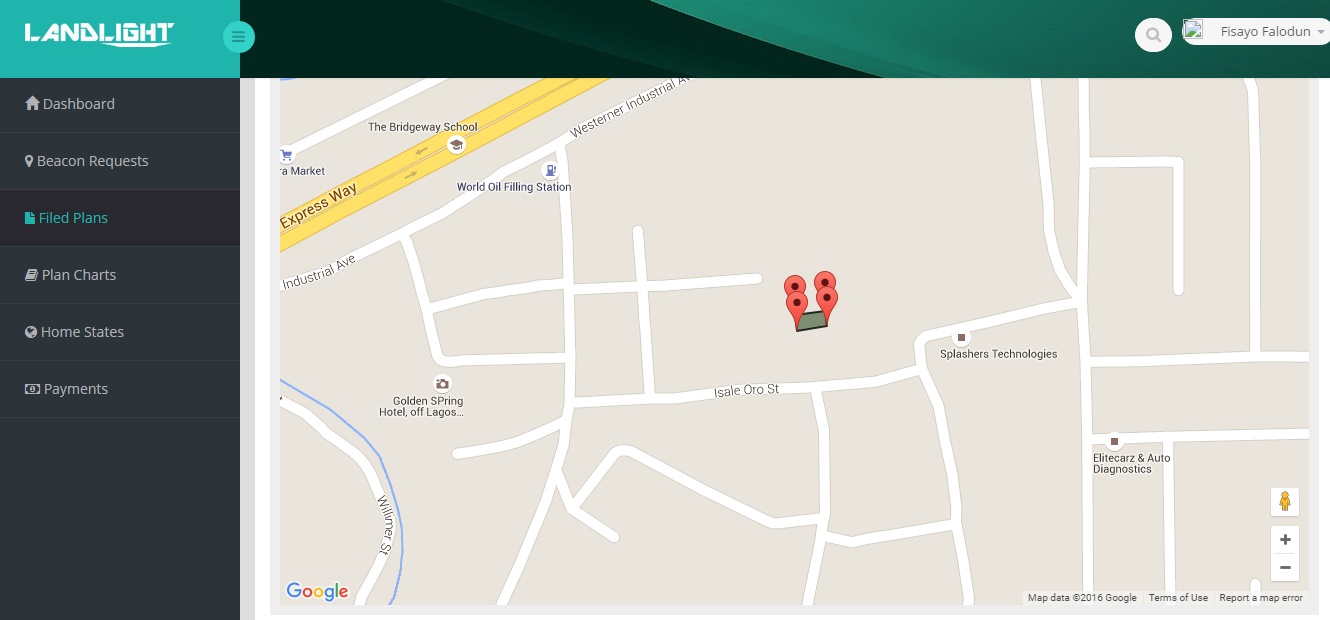LandLight™ is a Land Management Information System that is designed primarily to transform cities through the automation of survey, building permit and construction supervision processes. It aims at computerizing a land registration regime that will be open, transparent and accessible to citizens, real estate professionals and government agencies.
Prospective property owners and construction professionals in Nigeria desire to have official land titles and approvals like surveys and building permits from the government through a streamlined, efficient and user friendly process. These titles and approvals confirm ownership and can be used to unlock funds for other developmental purposes. An efficient title system will make land bankable, and unlock much needed bank loans that can potentially power the nation’s economy.
Prospective property owners and construction professionals in Nigeria desire to have official land titles and approvals like surveys and building permits from the government through a streamlined, efficient and user friendly process. These titles and approvals confirm ownership and can be used to unlock funds for other developmental purposes. An efficient title system will make land bankable, and unlock much needed bank loans that can potentially power the nation’s economy.
However, the current process of payment and seeking approvals for surveys, building permits and land titles is manual, tardy, not transparent, exploitative, and to say the least, frustrating. This results in loss of/delayed revenue for the government, locked down funds and jobs, waste of resources, inability to forecast and plan.
Working with the government, professionals and the general public, LandLight aims to bring ease and transparency to the land and building management sector in Nigeria. It aims at computerizing a land registration regime that will be open, transparent and accessible to citizens, bankers, lawyers and real estate professionals. Land related investments would thus become highly bankable.
Such transactions have the potential to increase the share of mortgage loans of the GDP to over 25% and concurrently raise the extant portfolio of mortgages and real estat assets up to 60% of the consolidated Nigerian banking balance sheet within a decade, from below 0.5% which is the current contribution of land-related asset class to both metrics.
